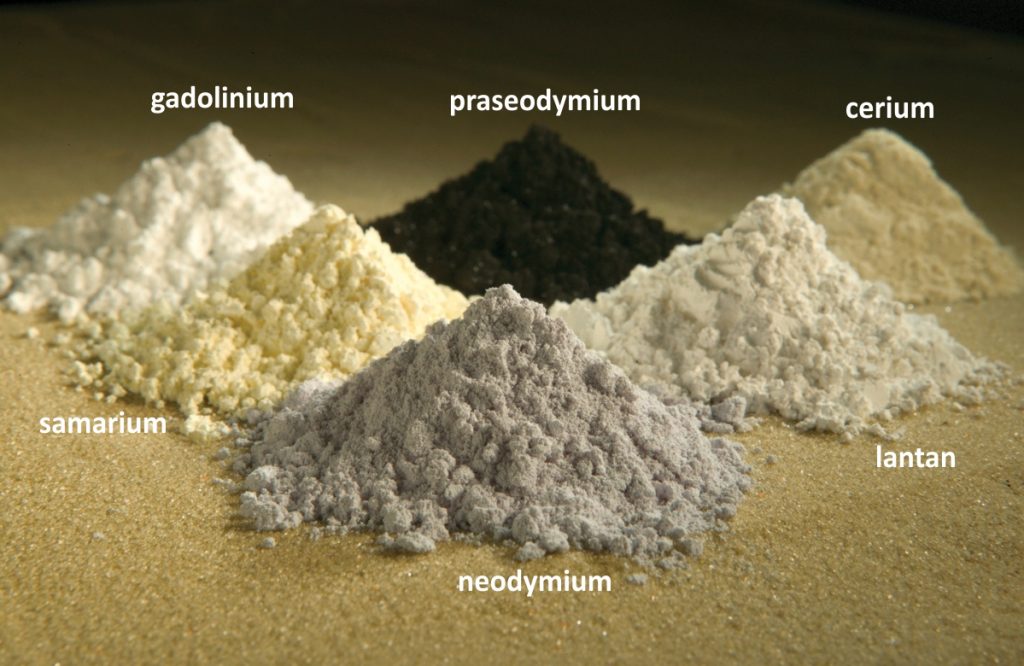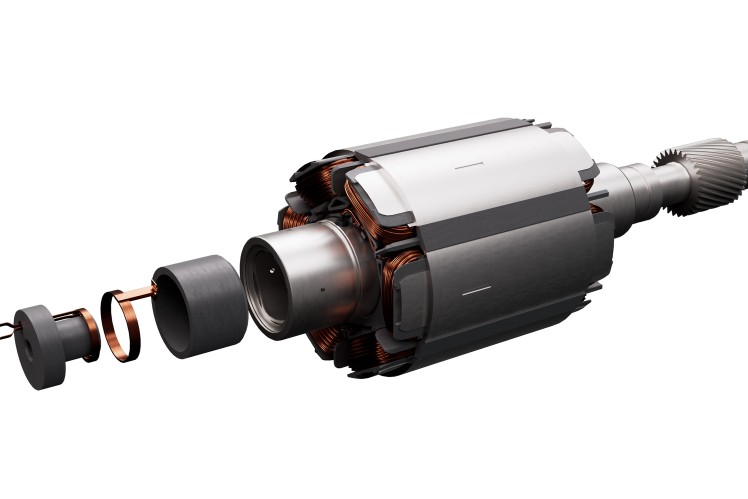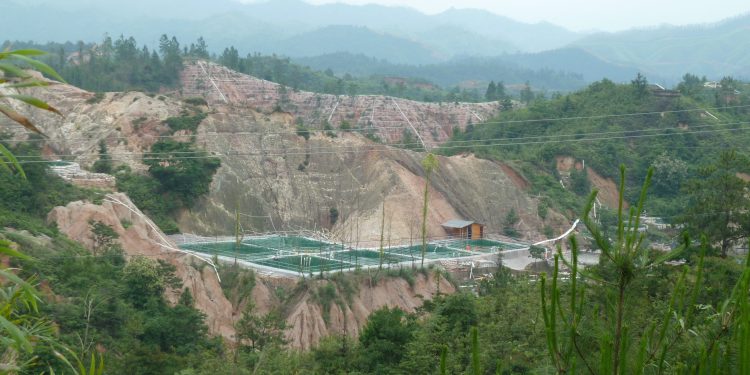Is America running into trouble over its trade war with China?
Words NZ Autocar | Images Wikipedia, ZF
China is tightening its export controls over rare-earth materials crucial to car manufacture. This has left component and vehicle makers scrambling.

Go Auto reports that the rare-earth elements situation could become more important than the semi-conductor shortage of 2021-2023.
US-based Automotive News suggests that the fate of automakers’ assembly lines is in the hands of a small team of Chinese bureaucrats.
That’s because China controls up to 70 per cent of global rare-earth mining and 85 per cent of refining capacity. It is also responsible for producing around 90 per cent of rare-earth metal alloys and magnet production. And it has limited supply amid an ongoing trade war with the United States.

An EV uses around half a kilogramme of rare-earth elements and the average ICE vehicle half that. These components are key to electric motors, oil pumps, speakers, and a range of sensors and solenoids.
Production of vehicles outside of China may be severely curtailed if the shortage continues. And the shortage will also impact many other sectors of the economy for they are found in a range of consumer products.
Already, Ford suggests that rare-earth materials and components are taking longer than usual to pass through China’s approval process. The company had to idle its Chicago Assembly plant for a week recently. It couldn’t get rare-earth metals used to make brake boosters.
At best, it is taking more time for the approvals to go through. And that means car companies are facing increased shipment costs.
According to China’s Ministry of Commerce, the export permit approval process relies upon three senior officials.
A spokesperson from European powerhouse, ZF, said the rare-earths issue could cause new-vehicle production to drop in the second half of this year.

As an aside, ZF has developed an electric motor with magnetic components that use no rare earth elements.
Brazil, the US and Australia, amongst others, are also involved in mining and processing of rare earth elements. All are working to increase output to cover the shortfall.





